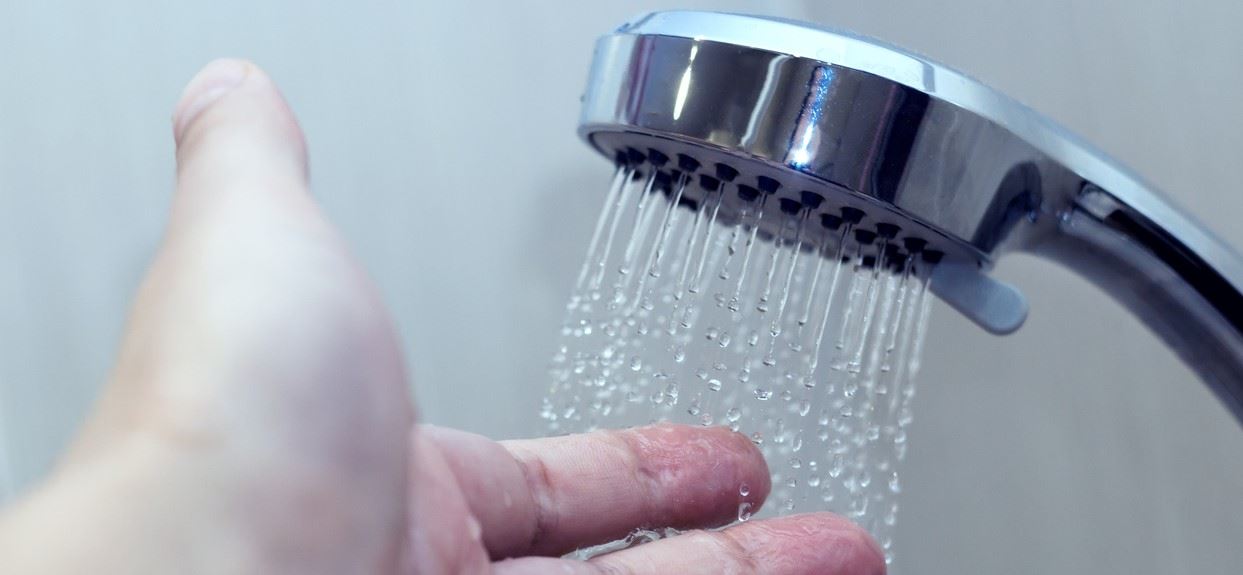Low Water Pressure in Your Home? Try These Tips to Restore Water Pressure.
If you turn on the sink or hop into the shower and notice that your water pressure isn’t what it used to be, you are likely wondering what the problem is and how you can fix it.
A variety of things can affect the water pressure in your home. The loss of pressure can happen gradually, as with clogged or corroded pipes, or it can happen suddenly, such as when a pressure regulator malfunctions. The important thing is to investigate the issue right away because — worst-case scenario — you’ve got a water leak that could be doing major damage causing low water pressure in your home.
Here’s how to troubleshoot low water pressure in your home.
Check Different Locations
Find out if the problem affects more than one faucet in your home. Turn off the faucet that first showed signs of low water pressure.
Next, test the water pressure in the other parts of your home. If the other faucets work well, then you’ve zeroed in on the faulty faucet. It could be that the aerator needs to be cleaned. The aerator is a tiny screen within the faucet that adds air to water flow for a more consistent, straight stream. It can become clogged with mineral disposits.
-
Remove the aerator. You may need a pair of pliers to unthread it from the faucet
-
If you see any sediment blocking the holes, remove them with a toothpick or threading needle
-
Submerge the screen in a bowl of vinegar overnight
-
Reassemble
Similarly, showerheads can become clogged with rust and limescale, which can impede flow. Descale the fixture with a mixture of water and white vinegar.
Read Pressure Regulator
This device is installed on your main water line and helps prevent excessive pressure from damaging your plumbing system.
If your water pressure is fluctuating, the pressure regulator could confirm the problem.
Find the water pressure regulator outside your home on the main water line. Read the round dial on the device. It displays the pressure in pounds per square inch. A 40 psi or less suggests there isn’t enough pressuring going into your house. This also means the lack of pressure isn’t a localized problem; it’s affecting your entire plumbing system.
Check Hot and Cold Water
If your entire house has low water pressure, your next task is to check both your hot and cold water. Your water heater is likely to blame if your cold water runs as normal.
Look at the water heater’s shut-off valve before you do anything else. If the valve is partially closed, it can impact the water pressure in your home. Open the shut-off valve and recheck the water pressure to see if you solved the problem. If opening the valve did not work, contact a plumber for further investigation.
Look for Leaks
Leaks can impact your water pressure and run your water bill up. The EPA estimates that we lose 1 trillion gallons of water each year due to leaks. Check the most common areas for leaks, such as under your bathroom and kitchen sinks and around your dishwasher and washing machines. Also, look for water spots in your basement.
Your water bill can also provide insight. Analyze water bills from the last three or four months for any irregularities. If your water bill has suddenly spiked, a leak might be to blame.
Keep in mind that not all leaks are visible. The worst leaks are below the foundation of your home and can cause severe water damage. This is called a slab leak, and it’s nothing to ignore.
Check the Shut-Off Valve
In some cases, you will find that your shut-off valve is partially closed, which will reduce the water pressure throughout your home. If your home has a basement, the shut-off valve is probably down there. You can also check around your home if your shut-off valve is not in your basement. Make sure the water shut-off valve is open all the way so that you don’t lose pressure.
Final Thoughts on Low Pressure in Your Home
Pay close attention to the water pressure in your home. If it’s dropping gradually, then you can get ahead of a significant problem by having a professional plumber address it right away. A sudden drop in pressure is obviously more urgent. Either way, the pros at Mark Johnson Plumbing are ready to assist you with their expert knowledge and specialized equipment. To schedule an appointment to fix low water pressure in your home, call (318) 257-6167.


